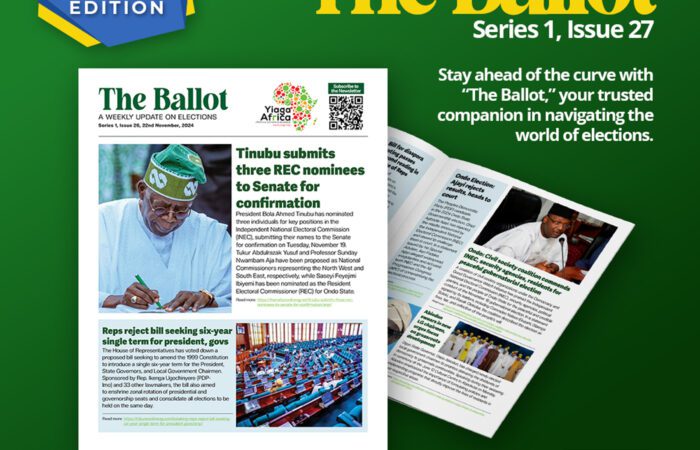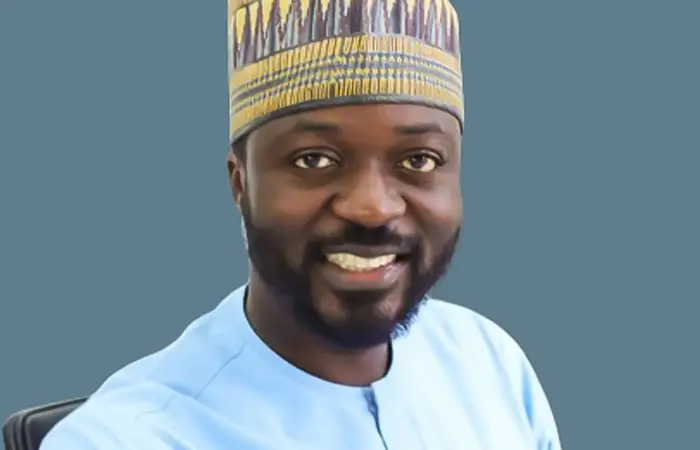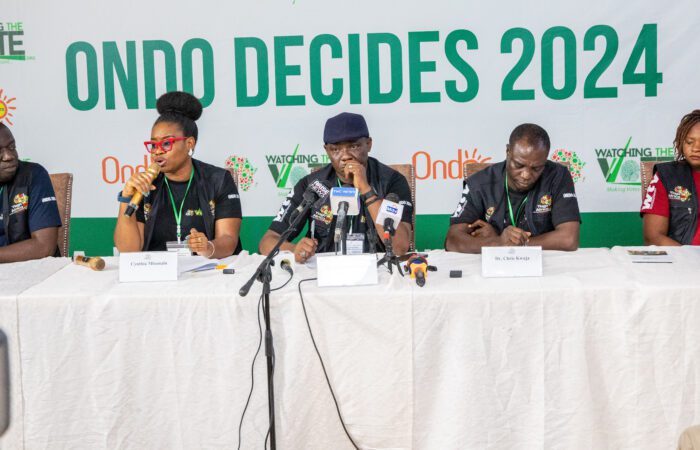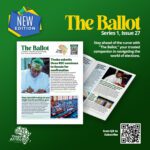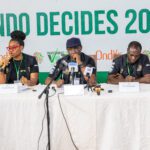Executive Summary
Nigeria’s 20 years democracy was tested with the conduct of the 2019 general elections. The elections presented an opportunity for Nigeria to consolidate on the gains of the 2015 elections and deepen her democratic transition. Although INEC introduced reforms to deepen electoral integrity and citizens participation, the elections were characterized by many of the same shortcomings that have marred previous national elections in Nigeria. As in past elections, INEC’s logistical challenges and misconduct by political parties undermined the integrity of the elections and the ability of some citizens to vote and undermined public confidence in the process.
Clearly, INEC overestimated its own capabilities and/or underrated the challenges with the management of logistics. This was worsened by undue interference with the functions of the electoral commission by state and non-state actors as well as the release of election funds six weeks to the presidential elections despite the Commission’s secured funding from the Consolidated Revenue Fund (CRF). The assault on basic rights and freedoms by state institutions especially security agencies coupled with the failure to conclude amendments to the electoral legal framework indicated a lack of commitment to electoral reform and electoral integrity.
For the 2019 presidential elections, the official results announced by INEC were consistent with YIAGA AFRICA’s Parallel Vote Tabulation results estimates. In other words, the results reflect the votes cast at the polling units. Similarly, the INEC official turnout rate and rejected ballots figure were also consistent with YIAGA AFRICA estimated turn out rate and rejected ballots based on reports from 1,491 (98.4%) of sampled polling units. However, the YIAGA AFRICA PVT findings revealed certain lapses and reports of malfeasance which impacted on the quality of the process in some polling units and states. The PVT also revealed possible incidents of vote suppression as reflected in the percentage of cancelled ballots in some states like Rivers, Nassarawa, Akwa Ibom, Cross River, Plateau, Kogi, Benue and Kaduna states. It is important to note that YIAGA AFRICA’s PVT estimates are based on the results from polling units before elections were cancelled. Therefore, the PVT estimates would expose whether cancellation of ballots would have impacted the outcome of the presidential election.
Although these cancellations did not affect the overall outcome of the election but it led to the disenfranchisement of voters and exposed complicity on the part of election officials. However, unless the misconduct and malfeasance occurred in a statistically significant number of polling units across the states the PVT would have captured them as critical incidents which undermined the outcome. The report contains evidence which make makes it clear that a lot was less than desired, and that the overall outcome (however valid) is not necessarily vindication of the process.
Nigeria missed an opportunity to improve the quality of its elections as compared to the 2015 national elections. The 2019 elections were not the elections Nigerians wanted; they were not the elections Nigerians expected; and, most importantly, they were not the elections Nigerians deserved. Nigeria needs a national conversation on a new electoral design or framework that responds to prevailing sociopolitical and economic realities. INEC must improve its capacity to deliver credible elections and political parties must play according to the rules. Failure to do so could imperil Nigeria’s 20 years democracy.

